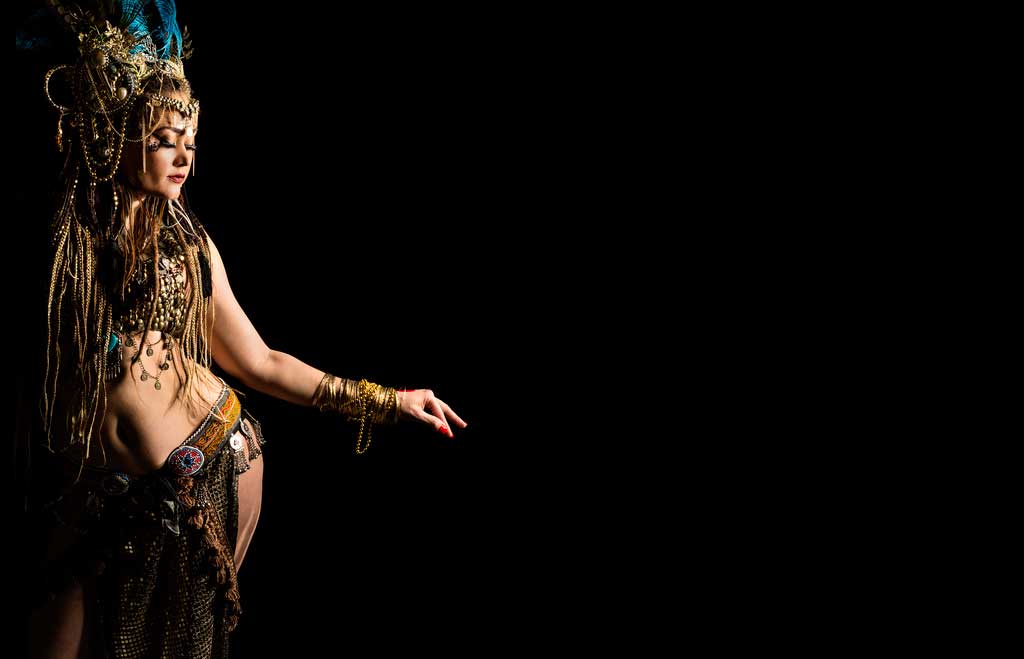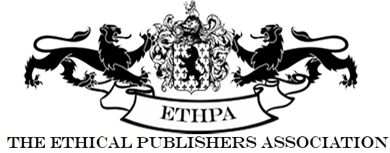Fostering a ‘tribal’ culture in business – how can we help people to feel they ‘belong’ to something bigger?

In a world where the true meaning of workplace culture is in decline, where numbers of people suffering with varying forms of mental illness and depression continues to rise, is there a need to look beyond simply improving physical environments and offering counsel? Culture is essentially about belonging to something bigger than oneself. As human beings we continue to show traits and a historic desire for a tribal sense of belonging. This is something that few would argue is most certainly missing from modern life today.
Why? People want and need to feel connected to others and this attraction is often centred around a sense of community spirit, a belief that if you all pull together you can win. We all know that motivated and strong teams or groups of people can achieve great things – history has shown us that. In a tribal setting, the success or failure of an individual usually depends on the success of failure of the group so there is an onus on everyone inside that circle to feel naturally connected with one another. If we start right here, with the focus being on people, human relationships and genuine care – this is arguably a key starting point for rethinking the way we live and work today.
Rethinking the way we live and work
We’re constantly reminded that people are unhappy in the workplace, young talent are being stifled by process, KPI’s and bottom line targets yet are restricted on personal growth and development at work. Headlines tell us that lack of trust in leadership continues to rise as does the long list of people opting out of the corporate rat race in search of a better, more palatable way of life. The warning signals are all around us, yet the problems escalate.
According to the World health Organisation, people living in wealthier countries suffer eight times the depression rate of those living in more deprived areas. A strange revelation some might think, but bring in the element of the tribe and things look very different. Many argue that troops in the armed forces say they were happier during the war because there was a sense of belonging, they all pulled together for the greater good and felt they were part of something bigger than their own worlds – all ingredients of a strong and resilient culture.
But there is no ‘I’ in team as we all know, teams will only grow in a stable, trusted environment that is nurtured, open and transparent. How many workplaces today can honestly say their team possesses all of these elements? To create any kind of culture or sense of tribe in the workplace you have to allow people to fall safe in the knowledge that someone will catch them if they do. People need to make mistakes in life and in work, it’s the only way we learn and can begin to express ourselves freely.
Veering away from staid approaches
Instilling true cultural values means being brave and encouraging an ethos, which accepts people for being different. It’s time to become more flexible with the rules and veer away from the more ‘black and white’ approaches that much of the corporate world has clung to for far too long. People are the key differentiator in business today, that’s a fact that shows no signs of change regardless of technological innovation.
For teams today, it’s not about being the same as the next person, nor is it simply about buildaing strong friendships, but it is about common shared goals, about a bond or finding the thread that pulls the team together in an environment where every individual can blossom and feel valued as part of that group. Leadership today is responsible for finding that link, for setting the tone and lighting the path where others can follow or indeed make their own way.
Freedom for culture
If we can start putting people back at the heart of culture again, we can really change the future of workplace culture. Many argue that young talent is no longer inspired or motivated by leadership icons today, but if they have no one to learn from how can they move forward as a new leadership generation? Culture is where this all begins and also where it ends. It’s time to stand up for the culture we, as human beings need, to function in every day life and the freedom we need to succeed and develop our skills in the workplace today. Nothing’s changed, we needed that freedom in business 40 years ago and we need it now.
By Chris Sheppardson, CEO at EP Innovates (www.epinnovates.com)
About EPinnovates (www.epinnovates.com)
A shop window for entrepreneurial innovation, EPinnovates has been created to showcase exciting innovations, new products, services, concepts and businesses forlarger companies to discover and explore. Designed to recognise and support the innovation that entrepreneurs and smaller businesses bring to the future economy, EPinnovates tells stories about entrepreneurs; each has a different tale, adventure and overcomes diverse obstacles, but all are looking to improve business and create value. Accessing these ideas and innovations can be difficult forbusinesses to truly discover so EPinnovates acts to bridge that gap and help to engineer the future for the better byintroducinglarger companies to entrepreneurs through the principles of trust, community and relationships.







